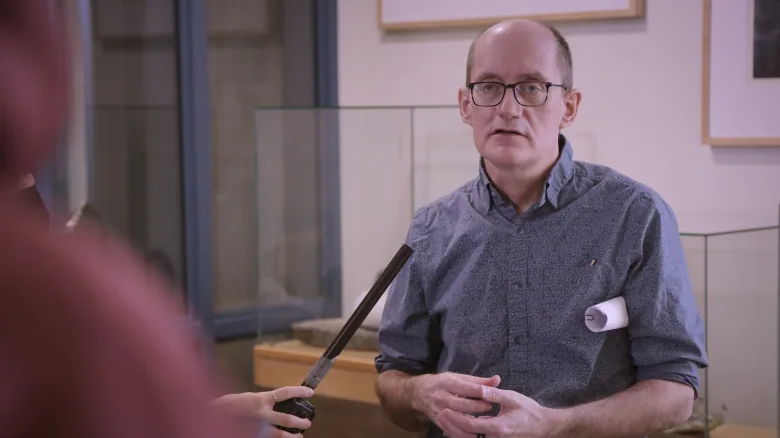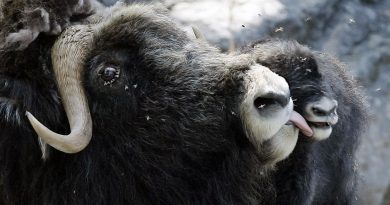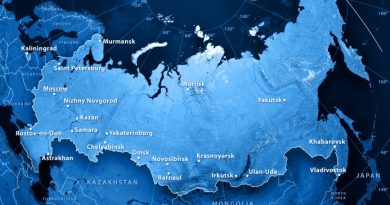Arctic Canada: Nunavut set to stop posting weekly COVID-19 case counts

Public updates to Nunavut’s COVID-19 case counts aren’t coming as frequently as they once did, and the territory plans to pare those back further still, says Chief Public Health Officer Dr. Michael Patterson.
The territory is getting ready to lift its public health emergency on April 11. Until recently, Nunavummiut could pull up the government’s website and look at the latest case numbers from the previous day — but earlier this month, the territory reduced its reporting to once a week.
Patterson said Wednesday those weekly updates will be dropped as well in the next few weeks.
“Then it will be sporadic reporting when we’re asked or on an infrequent basis, unless there appears to be an outbreak in a community, in which case we would return to providing more regular numbers,” he said.
The territory will still be tracking cases, though, since people will still need to report if they test positive for COVID-19.
Health emergency on track to end
Even as cases of COVID-19 are rising in some areas of Canada and the world, Patterson said numbers are falling in Nunavut right now and, more importantly, the health system is not overloaded even though Nunavut has been slowly decreasing public health measures.
“If we start to see that happening, we would either locally or across the territory consider delaying the easing of further measures,” he said.
He also pointed to Nunavut’s vaccination rates as an indicator of how protected Nunavummiut are. The data as of Tuesday shows nearly 95 per cent of Nunavummiut over the age of 5 have had at least one dose of a COVID-19 vaccine.
That makes the risks of COVID-19 lower, and he noted the government also has better access to treatment and testing over the past two years.
“All of those things have combined to mean that the risks of large numbers of people winding up in ICU or passing away due to infection … is much less than it was in March of 2020,” he said.
Some rules and recommendations remain
The territory is still recommending people wear masks, physically distance themselves from others and limit unnecessary exposures, even after the public health emergency ends.
Patterson said there will still be hotels available for travellers who have to isolate, since federal rules on air travel prohibit people from flying if they are diagnosed with COVID-19.
As for possible future outbreaks in communities, he said the territory plans to deal with them the way it deals with flu outbreaks, though he didn’t detail what that process is.
“If those [measures] were not adequate to contain transmission, we would consider a local public health emergency declaration and then using other measures that aren’t routinely available to control transmission,” he said.
Written by April Hudson with files from Cindy Alorut
Related stories from around the North:
Canada: Yukon to lift ‘nearly all’ COVID-19 restrictions next week, CBC News
Iceland: Iceland to axe all COVID restrictions Friday saying “as many people as possible” need to catch virus, Eye on the Arctic



